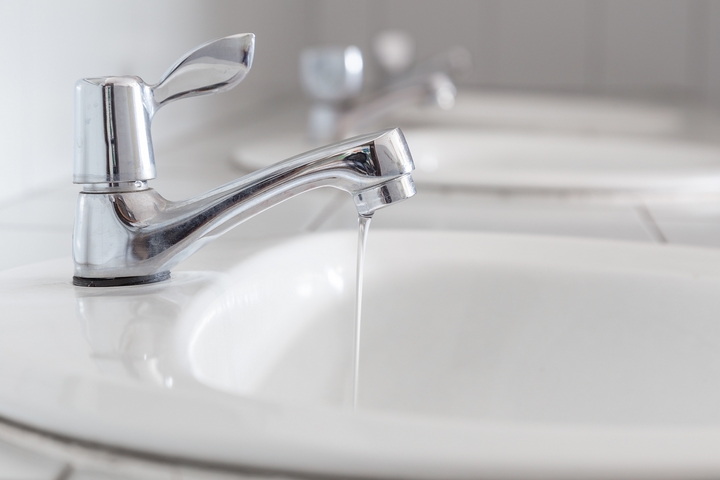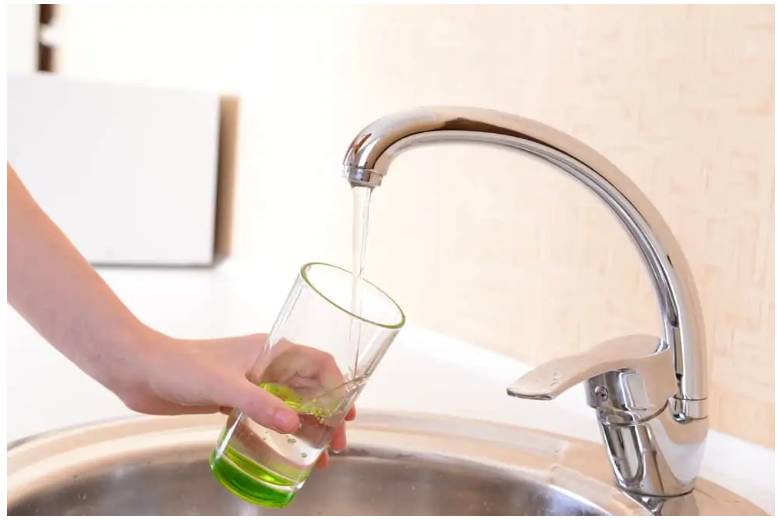Step-by-Step Ways for Addressing Low Water Pressure in Your Home
Step-by-Step Ways for Addressing Low Water Pressure in Your Home
Blog Article
The writer is making several good pointers on the subject of 10 Reasons for Low Water Pressure in Your House overall in this article just below.

Low water stress in your house can be a frustrating problem, influencing everything from bathing to cleaning dishes. If you're experiencing weak water flow, there are numerous possible causes and remedies to discover. In this guide, we'll review common factors for low water pressure and sensible actions to address the problem properly.
Introduction to Low Tide Stress
Low water stress occurs when the circulation of water from your faucets, showers, and other components is weak than usual. This can make daily jobs a lot more difficult and less effective. Recognizing the reasons for low water pressure is vital to locating the ideal option.
Usual Root Causes Of Low Tide Pressure
Faulty Pressure Regulators
Stress regulatory authorities are in charge of keeping regular water stress in your home. If they malfunction, it can result in low tide pressure or uneven circulation throughout your home.
Local Supply Of Water Issues
Sometimes, the issue lies outside your home. Local water system concerns, such as main line leaks or upkeep work, can briefly reduce water stress in your area.
Pipe Obstructions
In time, pipes can end up being blocked with natural resource, debris, or debris, limiting the circulation of water. This is a common concern in older homes with galvanized steel pipes.
Rust
Corrosion within pipelines can result in leaks and decreased water stress. Corrosion build-up can tighten water circulation, specifically in aging plumbing systems.
Just How to Detect Low Tide Pressure
Inspecting Pipelines
Inspect visible pipelines for indications of leaks, corrosion, or obstructions. Take note of any type of uncommon audios, such as banging or rattling pipes, which can suggest issues within the plumbing system.
Consulting with a Plumber
If you're not able to determine the root cause of low tide stress, think about hiring a professional plumber to conduct a comprehensive inspection. They can identify underlying concerns and recommend ideal options.
Checking Faucets and Components
Start by checking the water pressure at various taps and components throughout your home. If the concern is isolated to certain locations, it may indicate localized issues.
DIY Solutions to Fix Low Tide Pressure
Flushing Water Heater
Debris accumulation in the water heater can restrict circulation and minimize effectiveness. Flushing the container periodically assists eliminate sediment and keep ideal efficiency.
Inspecting Pressure Regulatory Authority
Guarantee that the pressure regulatory authority is working appropriately. Readjusting or changing the regulator can help bring back appropriate water pressure throughout your home.
Cleaning Up Aerators and Showerheads
Mineral deposits can build up in aerators and showerheads, minimizing water circulation. Eliminate and clean these components routinely to boost water pressure.
Clearing Clogs in Water Lines
For minor obstructions, try making use of a plumbing snake or chemical drainpipe cleaner to clear obstructions in pipes. Beware when using chemicals and adhere to safety standards.
When to Call a Professional Plumber
If do it yourself efforts stop working to deal with the problem or if you presume significant plumbing troubles, it's ideal to seek help from a licensed plumber. They have the experience and tools to address complex concerns safely and successfully.
Preventive Measures to Maintain Water Stress
Mounting a Pressure Booster
Take into consideration setting up a stress booster pump to improve water pressure in locations with constantly reduced flow. This can be particularly valuable for multi-story homes or residential or commercial properties with high-demand components.
Monitoring Water Usage
Be mindful of water usage behaviors and stay clear of overtaxing the plumbing system. Simple adjustments, such as astonishing showers and laundry lots, can aid keep ample water stress.
Normal Upkeep
Arrange routine upkeep for your plumbing system to avoid problems such as corrosion, leaks, and obstructions. Resolving small problems early can aid prevent even more significant repair work later on.
Verdict
Handling low tide pressure can be aggravating, however determining the underlying causes and carrying out ideal services can restore optimum flow throughout your home. Whether it's cleaning up aerators, checking pipelines, or seeking advice from a plumber, taking positive steps can make sure a stable supply of water for your everyday demands.
HOW TO FIX LOW WATER PRESSURE IN YOUR HOUSE (EXPERT GUIDE)
The morning shower lacking any real pressure? Bathtub taking hours to fill? Or maybe you’re dissatisfied with the inadequate performance from your combi boiler?
Then you, like millions of others across the UK, might be experiencing low water pressure.
Fortunately, the good news is that you don’t have to continue living this way. The cause of low water pressure in the home is often quite simple, and you may not even require a plumber to fix the problem.
What causes low water pressure in the house?
If you are experiencing issues with water pressure throughout your home, then you may have one of the problems outlined below.
Most of these problems can be fixed quite easily, but for others, you may need to contact a plumber.
Obstructed Shutoff Valve
If you’ve just bought a new home or recently had building work conducted on your property, there is a chance that your water valves were not fully opened.
If the water valve is partially closed, then you may be restricting the amount of water entering your home. To fix this, simply ensure the valve is fully open.
If the valve appears fully open but you are still encountering reduced water pressure, then the valve may be broken. If this is the case, do not under any circumstances try to fix it without proper training.
Often found under your kitchen sink, a water valve will usually look like a bright yellow handle.
Again, if you believe the water valve is broken, contact a plumber immediately.
Leaks in Your Water Pipes
Leaks are the worst-case scenario when it comes to low water pressure.
If the water pipes are damaged, then this will cause low water pressure, as not all the water will make it to your taps.
After you’ve checked to see if the valve is fully open, you can conduct a leak check of your home. Now, this may seem scary, but it is actually quite simple.
Clogged Water Pipes
Clogged water pipes are one of the most common causes of low water pressure.
These clogs usually build-up when your home is supplied water via iron pipes. Iron is particularly vulnerable to rusting which can then break off and cause an obstruction within your system. You also face the problem of things like dirt, gravel or sand entering creating mineral deposits which further block water flowing from the mains water supply.
Unfortunately, if you suspect that clogged pipes may be restricting your water supply, then you will need to contact a plumber.
In this situation, you will either need to have your pipes removed and cleaned or in more severe cases, you could require a new set of water pipes.
Designer Taps
Designer taps look fantastic, but are they built to be efficient in your plumbing system? Modern taps are built for modern homes and they often have lower flow rates that are specifically designed for use within high-pressure systems.
Install a Water Pressure Booster Pump
If the issue is simply that the mains water pressure supply is too low, the simplest fix is to invest in a booster pump. Found in homes of all shapes and sizes, booster pumps are a relatively cheap option to add extra pressure to your home.
Designed to increase water pressure by passing water into the pump from your mains supply and then ejecting it into your home water system at a higher pressure, a booster pump is a truly simple and effective solution to increasing water pressure.
https://www.anchorpumps.com/blog/the-plumbers-guide-to-fixing-low-water-pressure/

Hopefully you liked our piece about Low Water Pressure in the House?. Thanks a lot for finding the time to read through our article post. So long as you enjoyed our blog entry please make sure you remember to share it. Thanks a lot for your time spent reading it.
Call Report this page